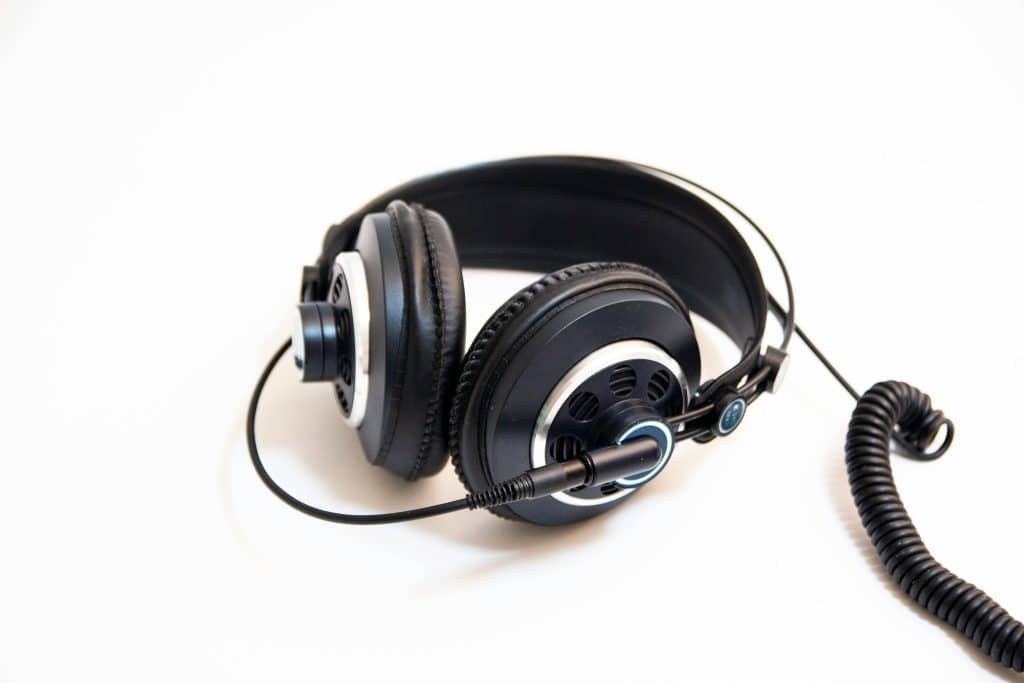
🎧 Do You Need Expensive Headphones to Start DJing?
If you’re just getting into DJing, one of the first gear questions you’ll face is: “How good do my headphones need to be?” It’s tempting to skip this cost and use something cheap you already own. But is that wise? And conversely, is it essential to buy one of the fancier, more premium DJ models right off the bat?
Short answer: you can start with a more budget option, but investing a bit more often gives you better reliability, comfort, and longevity. Over time, your headphones will be one of the most used pieces of gear. So it’s worth understanding what you’re trading off at each price level.
Let’s break it down — and then look at some real examples you can shop for.
🔍 What Makes a Good DJ Headphone (vs. ordinary headphones)
When comparing DJ headphones, there are a few features that tend to separate the “just okay” from the “built for gigs” kinds:
| Feature | Why It Matters | Risk If It’s Weak |
|---|---|---|
| Build quality / durability | You’ll fold them, drop them, twist cables, travel gigs | Cracks, broken hinges, cable failures |
| Isolation / noise rejection | The DJ booth and crowd are loud — you need to hear clearly | Ambient noise bleeds in, making cueing harder |
| Accurate mid/treble response | You want to hear details (mix transitions, clash of frequencies) | Bass may dominate, but details get lost |
| Swivel / single-ear monitoring | So you can rest one ear and still hear | Awkward mixing, stiff design |
| Replaceable parts | Cushions, cables, pads wear out | Entire unit becomes junk |
| Comfort for long sessions | You might wear them for hours | Ear fatigue, pressure headaches |
| Cable options / length / coiled vs straight | Flexibility matters in booth setups | Too short or inconvenient cable just gets in the way |
Because DJs stress-test their gear more than casual listeners (folding, cranking volume, daily use), the differences often show up in durability and comfort more than sheer sound quality.
💸 Cheap vs Premium — What You Gain (and What You Lose)
Here’s what to expect when you go for a budget pair vs. a premium, DJ-oriented pair:
What you lose with cheap/budget
-
Robust build: hinges, plastic parts, or poorly molded pieces break more easily
-
Less isolation / more audio bleed
-
Pads and headband wear out faster
-
Less refined tonal balance (perhaps overemphasized bass, muffled mids)
-
Fewer or no replacement parts
-
Less comfort for long mixes
What you gain with premium / pro models
-
Better component quality (metal joints, stronger plastics)
-
More consistent sound fidelity under stress (high volume, distortion handling)
-
Better warranty / parts support
-
Comfortable ergonomics for long wear
-
More precise audio response, which helps in tight mixes
-
Better resale value or longevity
However — “premium” doesn't always mean flawless. Sometimes you pay for brand name, aesthetics, or features you’ll rarely use early on. If a budget model gives you enough clarity to cue and mix reliably, it might serve you well until you upgrade.
So yes — to some extent, you get what you pay for — but the degree matters. A solid mid-tier set will often offer excellent value.
🔊 Recommended Headphones (From Budget to Pro)
Below are examples across price ranges, with pros and cons for each. (These are real models you can look up.)
Here are some highlights:
-
Sennheiser HD25 — Widely considered an industry classic. Very durable, good isolation, swappable parts. A go-to reference for many DJs. MusicRadar+1
-
Pioneer DJ HDJ‑CUE1 — A strong “entry DJ” option. Many reviewers highlight it as a standout budget DJ pair. MusicRadar+1
-
Audio‑Technica ATH‑M20x — A studio/monitor headphone that can double for DJing; praised for punch per pound in budget categories. RTINGS.com
-
AIAIAI TMA‑2 DJ — More premium, modular approach makes it upgradeable and stylish.
-
Technics EAH‑DJ1200 — Built for DJ longevity; DJ Paulette has mentioned using versions of them. The Guardian
-
Pioneer DJ HDJ‑CX — Mid-tier option with comfort and solid specs.
-
Numark HF125 — Very affordable DJ-oriented option.
-
Behringer HPX2000 — A “cheap workhorse” — useful as a backup or for practice.
🔍 What’s Good Enough for a Beginner?
-
Clarity & cueing: You want to clearly distinguish kick, snare, hi-hats; if your cheap headphones obscure mids, that’s a red flag.
-
Comfort: If they hurt after 30 minutes, that’s a problem.
-
Durability: Even at low cost, look for solid hinges, decent cable, or replaceability.
-
Isolation: You don’t need concert-level noise cancellation, but enough to hear over booth noise.
A decent mid-range pair will often get you through your first gigs. You don’t need top-tier gear day one, but don’t settle for something so weak it hinders your learning.
✅ Final Thoughts
-
You can start with a budget pair, especially if your budget is tight, but choose one designed for DJ use (closed back, swivel, decent isolation).
-
Upgrade when you can — once you’re mixing regularly, spending on durability, comfort, and fidelity pays dividends.
-
Avoid buying random “consumer headphones” (especially open-back, weak cables) for DJ use.
-
Think of headphones as a long-term investment from the start — even if you start modest, aim for something that can scale with you.








